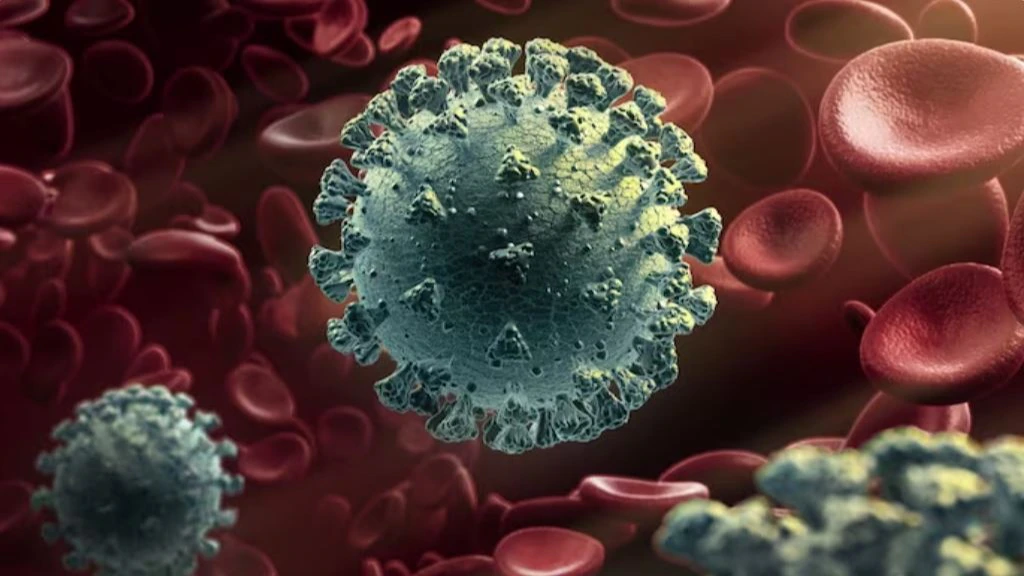
COVID-19, caused by the novel coronavirus SARS-CoV-2, has been a dynamic and evolving global health crisis since its emergence in late 2019. As the virus spreads and mutates, new variants have emerged, raising concerns about their potential impact on transmission, severity of illness, vaccine effectiveness, and public health measures. Understanding these new variants is crucial for effective pandemic response and control efforts worldwide.
Variants of concern (VOCs) and variants of interest (VOIs) are terms used to categorize different strains of the virus based on their potential to affect public health. VOCs exhibit specific mutations that may enhance their transmissibility, virulence, or ability to evade immunity, while VOIs have mutations that are being closely monitored for their potential impact on disease dynamics.
One of the most concerning variants that has emerged is the Delta variant, initially identified in India. The Delta variant is highly transmissible and has become the dominant strain in many parts of the world, driving surges in cases and straining healthcare systems. Its rapid spread has highlighted the importance of vaccination, mask-wearing, and other preventive measures in controlling transmission and mitigating the impact of the pandemic.
Other variants, such as the Alpha, Beta, and Gamma variants, have also been identified and studied extensively. While these variants may have different characteristics in terms of transmissibility and immune evasion, the fundamental principles of public health remain the same: vaccination, testing, contact tracing, isolation, and quarantine are essential tools for controlling the spread of the virus and preventing further mutations.
Monitoring and genomic surveillance are critical components of the global response to COVID-19 variants. By analyzing the genetic sequences of the virus collected from infected individuals, scientists can track the emergence and spread of new variants, identify patterns of transmission, and assess the effectiveness of vaccines and therapeutics against different strains.
Vaccines play a crucial role in mitigating the impact of COVID-19 variants by reducing the risk of severe illness, hospitalization, and death. While some variants may exhibit reduced vaccine effectiveness, current vaccines still provide significant protection against severe disease and are an essential tool in the fight against the pandemic. Continued research and development efforts are underway to develop new vaccines and boosters that target specific variants and enhance overall immunity.
In addition to vaccination, non-pharmaceutical interventions such as mask-wearing, physical distancing, hand hygiene, and improved ventilation remain important strategies for reducing transmission and preventing the spread of COVID-19 variants. These measures, combined with widespread testing, contact tracing, and isolation, can help contain outbreaks and prevent further mutations of the virus.
Global cooperation and solidarity are essential for addressing the challenges posed by COVID-19 variants. By sharing data, resources, and expertise, countries can work together to monitor the spread of the virus, coordinate response efforts, and ensure equitable access to vaccines and treatments for all populations.
In conclusion, COVID-19 variants represent a significant challenge in the ongoing battle against the pandemic. While the emergence of new variants underscores the adaptability and evolutionary nature of the virus, it also highlights the importance of continued vigilance, research, and collaboration in our efforts to control transmission, protect public health, and end the pandemic. By staying informed, following public health guidelines, and working together, we can overcome the challenges posed by COVID-19 variants and build a safer, healthier future for all.








Very good Post